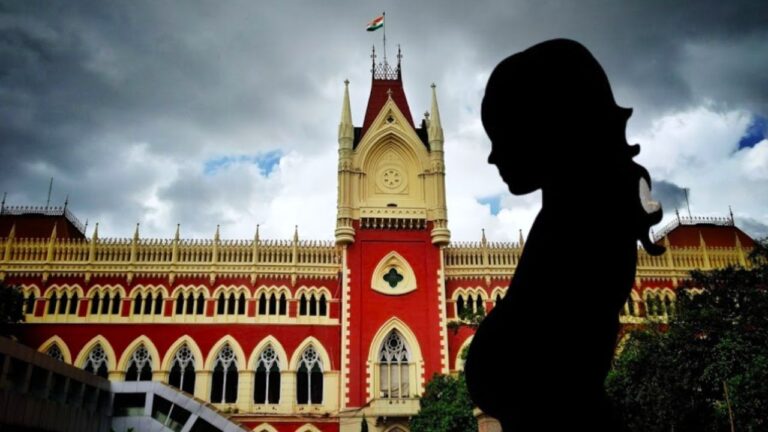News Desk, Kolkata :
A Legal Odyssey: Navigating India’s Complex Abortion Laws ;
In a legal saga that unfolded at the Kolkata High Court, a woman who had previously filed a complaint of assault found herself in a labyrinth of complexities. Having already secured bail, the accused asserted his right to privacy, revealing that he was, in fact, the victim’s intimate partner. However, as the pregnancy progressed beyond 21 weeks, the decision to terminate became a legal challenge.
The legal tussle reached its zenith when the Kolkata High Court, under the guidance of Justice Sabyasachi Bhattacharya, issued a directive on Monday. The court mandated that the abortion must be performed within the next 48 hours at a hospital in Bankura. The complexity escalated as a three-member medical team was tasked with ensuring the woman’s physical well-being before proceeding with the abortion.
This wasn’t the first time Justice Bhattacharya found himself grappling with such intricacies. Last year, his bench had issued a directive for a teenager who was 26 weeks pregnant, only to later discover that she had fallen victim to gang assault at the tender age of 11 while playing in her neighborhood.
The recent case underscores the intricate dance between a woman’s right to choose and the legal constraints imposed by Indian abortion laws. According to these laws, abortions beyond 20 weeks require the approval of a medical professional, and further legal consent is necessary after 24 weeks.
Justice Bhattacharya’s directive reflects the delicate balance between protecting a woman’s autonomy over her body and ensuring that the termination adheres to legal guidelines. The expedited timeline emphasizes the court’s commitment to mitigating potential health risks associated with late-stage abortions.
It’s worth noting that this case echoes a precedent set by Justice Bhattacharya’s bench last year. In that instance, a 26-week pregnant teenager was given the court’s nod for abortion after being a victim of child sexual assault. The court’s decisions are emblematic of an evolving legal landscape, striving to address the nuances of reproductive rights while safeguarding the well-being of those involved.
As the legal drama unfolds, it prompts a reflection on the broader societal issues surrounding gender-based violence and the complexities of navigating India’s legal framework for reproductive rights. The intertwined narratives of assault, privacy, and reproductive choice bring to light the multidimensional challenges faced by individuals seeking justice and autonomy.
In a country where discussions around abortion remain layered with societal norms and legal intricacies, these cases serve as poignant reminders of the need for a nuanced and compassionate approach to reproductive healthcare. The legal system’s role in facilitating timely decisions that align with both individual rights and public health underscores the ongoing evolution of India’s legal landscape.
In conclusion, the legal journey in this case not only reflects the complexities of India’s abortion laws but also delves into the broader societal issues of gender-based violence and individual autonomy. As the Kolkata High Court navigates this delicate balance, it marks a pivotal moment in the ongoing evolution of reproductive rights in India, emphasizing the importance of legal frameworks that align with the diverse needs and challenges faced by individuals seeking justice and autonomy.
DISCLAIMER
Our news media denounces any form of bias and disapproves of sensationalism. The disseminated news is entirely educational and aimed at social awareness. Our media maintains absolute impartiality, adhering solely to the purpose of education and social consciousness.


